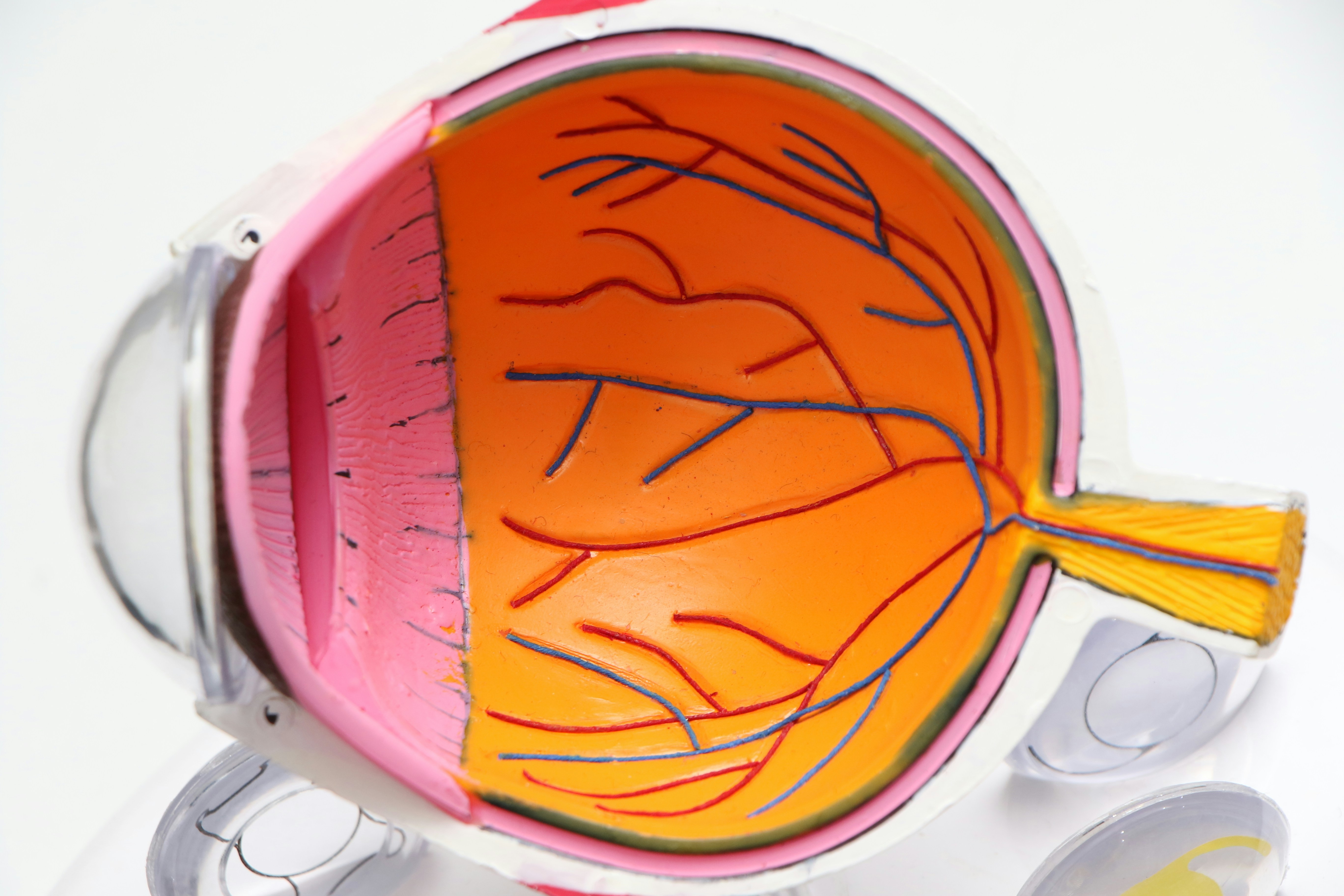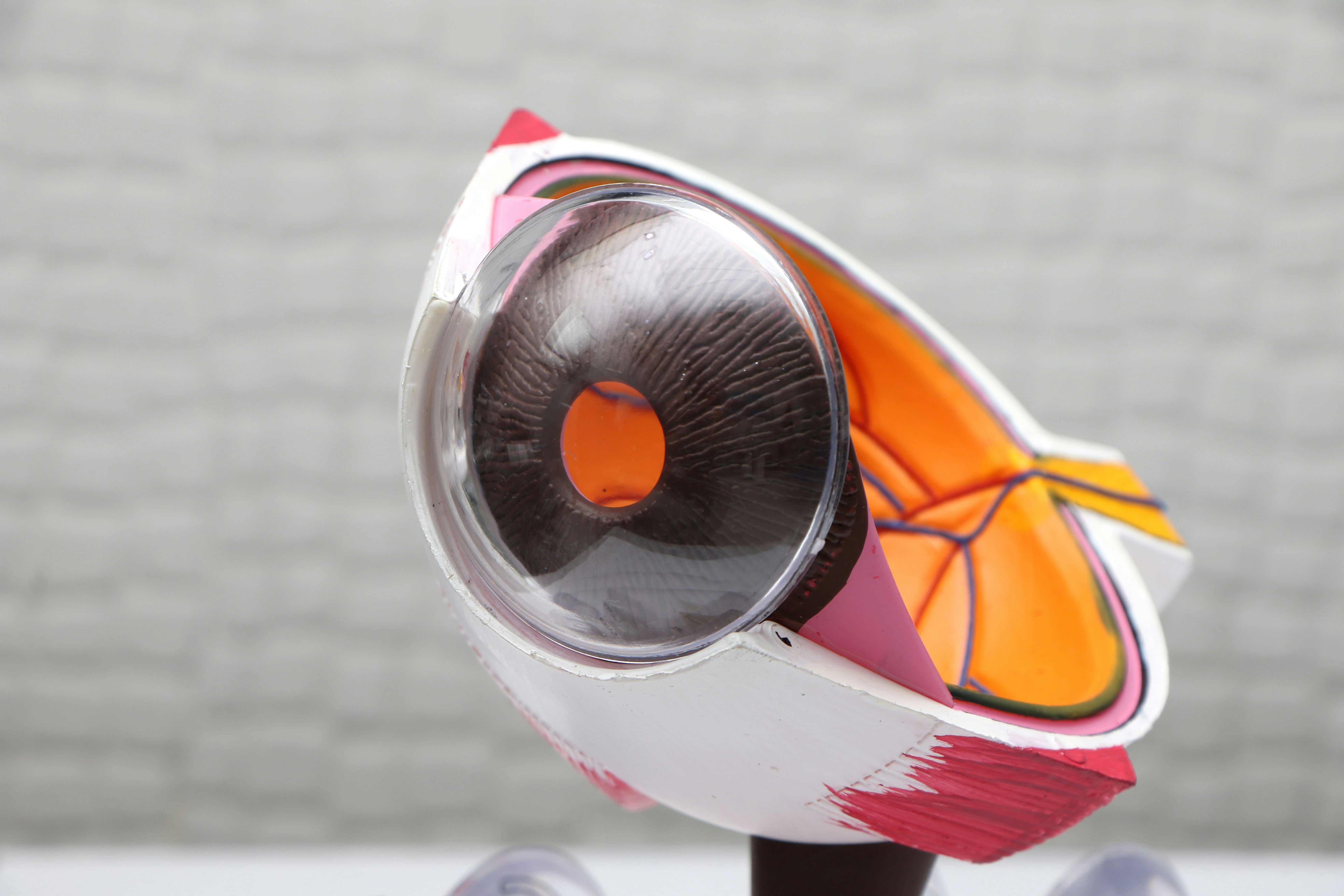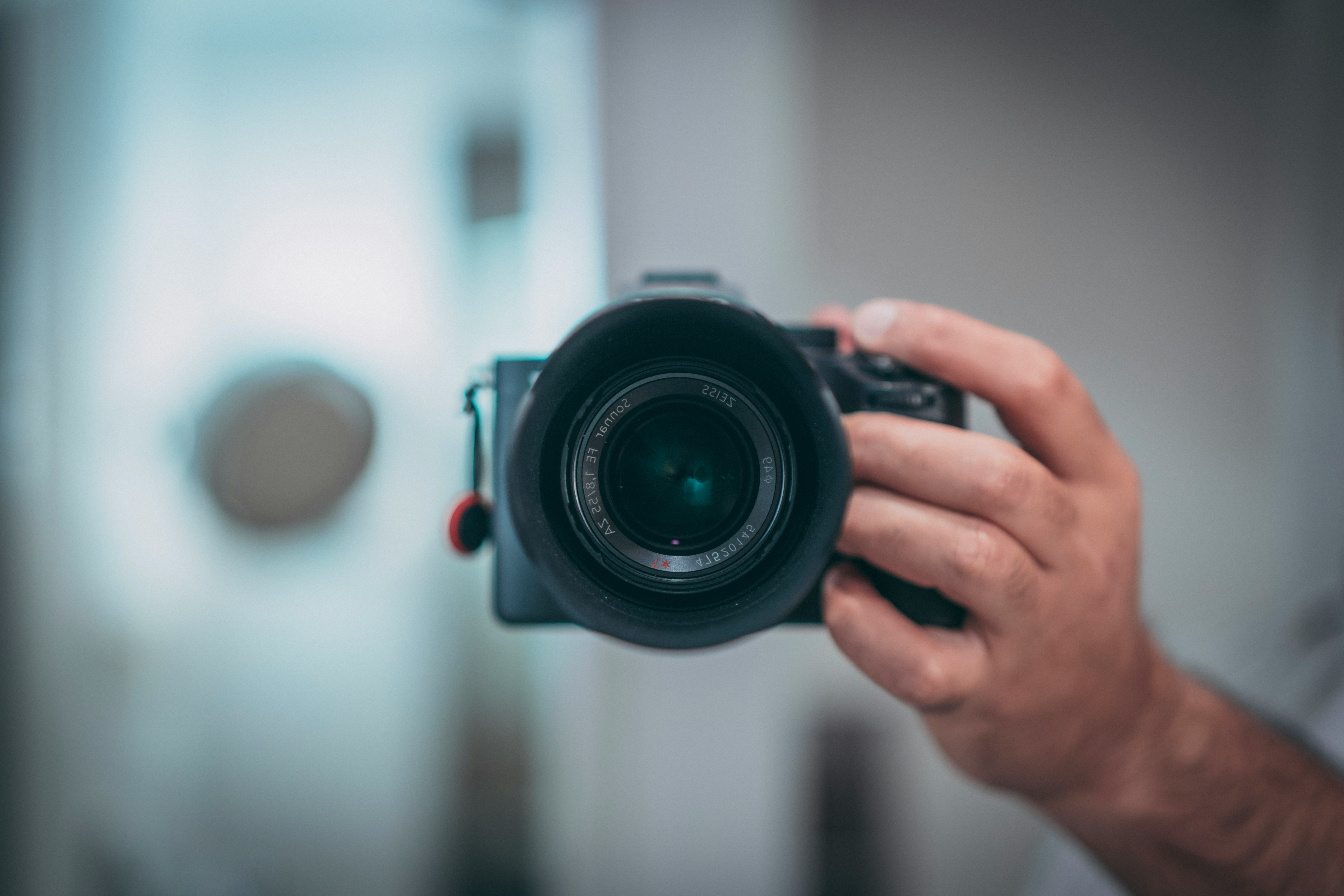
Do you need these special lens filters?
2025-04-25



Do You Need These Special Lens Filters?
As a photographer, you may have come across various types of lens filters in your journey to capture stunning images. From polarizers to neutral density filters, the options can be overwhelming. But do you really need all these special lens filters? In this blog post, we will break down the most common types of lens filters and help you determine which ones are essential for your photography kit.
Introduction to Lens Filters
Lens filters are accessories that are attached to the front of your camera lens to alter the way light enters the camera. They can enhance colors, reduce glare, and add special effects to your photographs. While some filters can be applied in post-processing, there are certain effects that are best achieved in-camera using lens filters.
Types of Lens Filters
UV Filter
A UV filter is primarily used to protect the front element of your lens from dust, moisture, and scratches. While it may not significantly impact the quality of your images, a UV filter can be a cheap insurance policy for your expensive lenses. However, it is important to invest in a high-quality UV filter to avoid any degradation in image quality.
Polarizing Filter
A polarizing filter is essential for landscape photographers as it helps reduce glare and reflections, resulting in more vibrant colors and increased contrast. By rotating the filter, you can control the amount of polarization effect in your images. This filter is particularly useful when shooting landscapes with water or glass surfaces.

Neutral Density Filter
A neutral density (ND) filter is used to reduce the amount of light entering the camera without affecting the color of the image. This allows you to use slower shutter speeds or wider apertures in bright conditions, giving you more creative control over your exposure settings. ND filters are commonly used in long exposure photography or when shooting with wide apertures in bright sunlight.
Graduated Neutral Density Filter
A graduated ND filter is similar to a regular ND filter, but it has a gradual transition from dark to clear. This filter is often used in landscape photography to balance the exposure between the bright sky and the darker foreground. By placing the dark part of the filter over the sky, you can achieve a more balanced exposure in your images.
Practical Tips for Using Lens Filters
-
Invest in Quality Filters: Cheap filters can degrade the image quality of your photos, so it is important to invest in high-quality filters from reputable brands.
-
Experiment with Different Filters: Try out different types of filters to see how they affect your images. Experimenting with filters can help you understand their impact on your photography.
-
Use Filters Wisely: While filters can enhance your images, it is important not to overuse them. Use filters selectively to achieve the desired effect without compromising the overall quality of your photos.
-
Clean Your Filters Regularly: Dust and smudges on your filters can affect the sharpness of your images. Make sure to clean your filters regularly using a lens cloth or air blower.
Conclusion
While special lens filters can enhance your photography, not all filters are essential for every photographer. It is important to understand the purpose of each filter and how it can benefit your specific style of photography. By investing in high-quality filters and using them wisely, you can elevate the quality of your images and create stunning photographs that stand out.
So, do you need these special lens filters? The answer depends on your photography style and the effects you wish to achieve in your images. Experiment with different filters and see how they enhance your photography. Remember, the best filter is the one that helps you tell your story through your photographs.